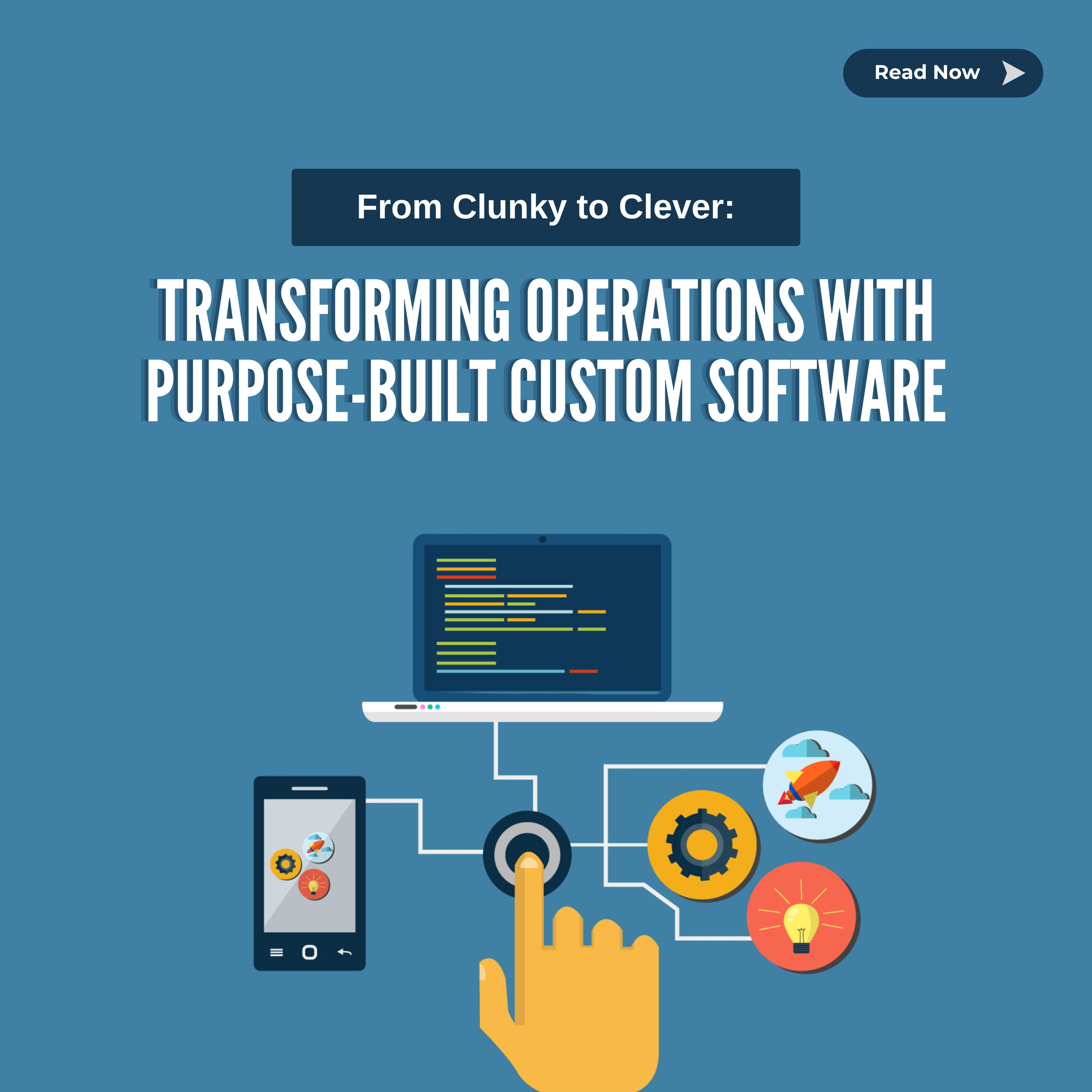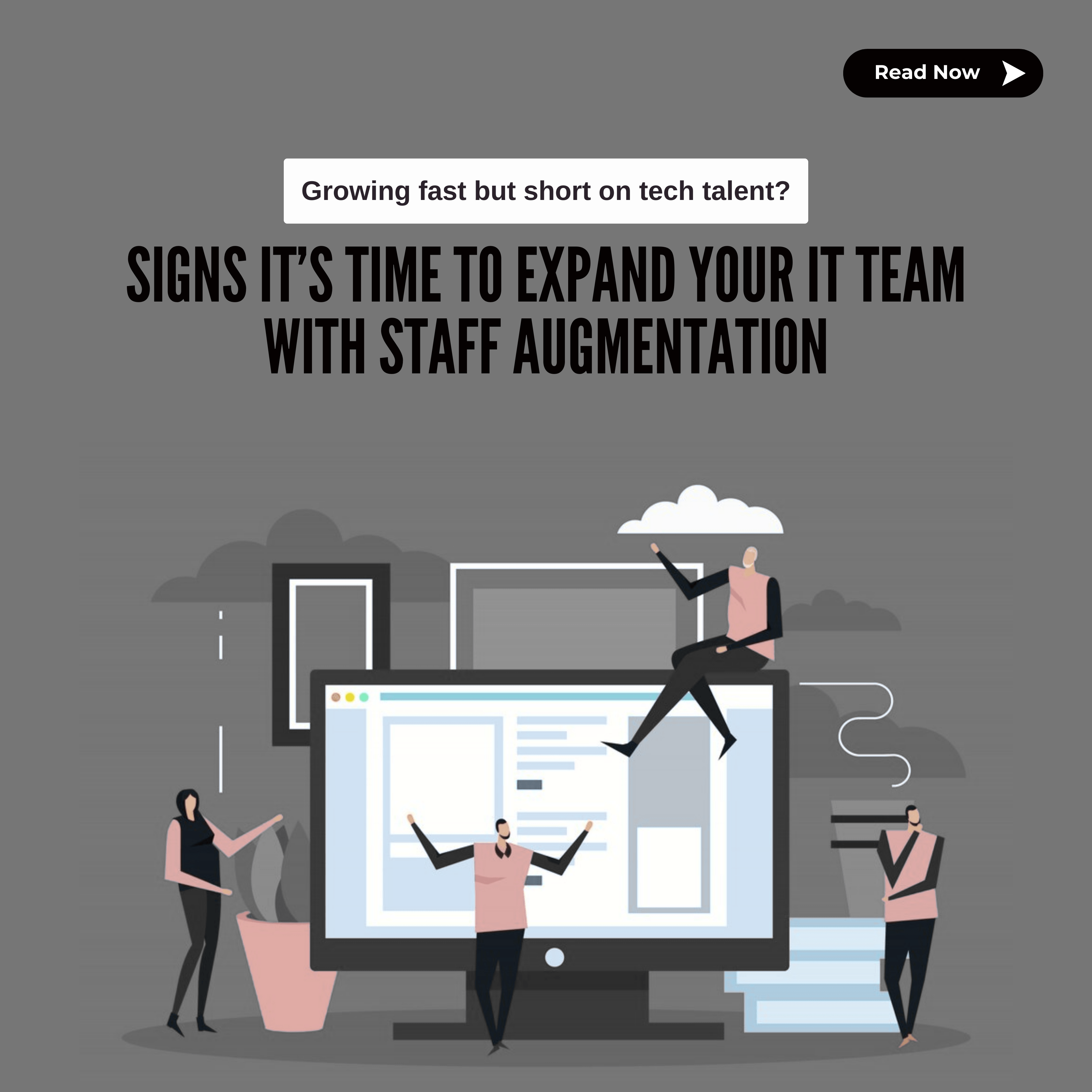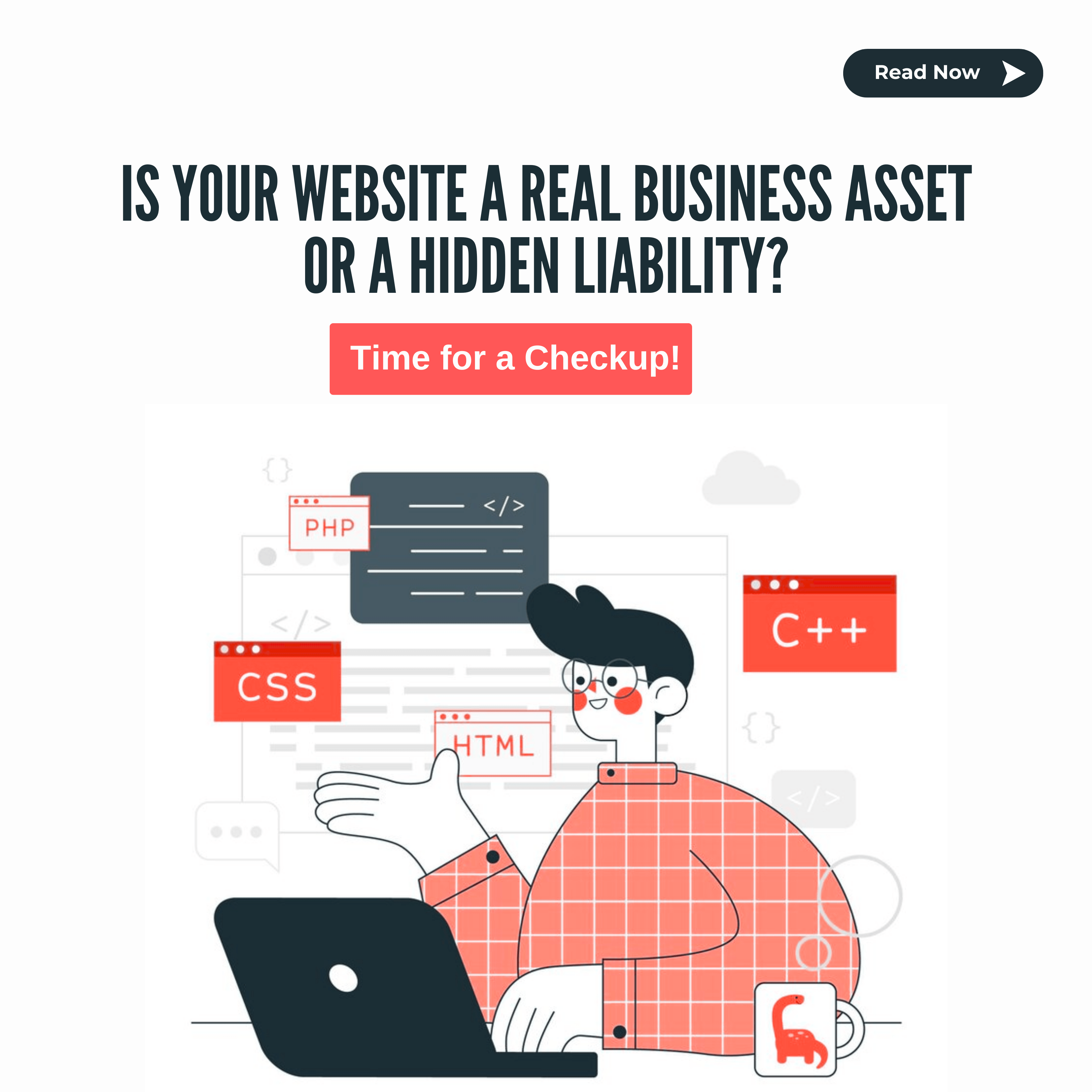In today’s fast-paced digital landscape, businesses often find themselves in need of custom software solutions to meet their unique needs and challenges. Whether it’s streamlining operations, enhancing customer experiences, or gaining a competitive edge, custom software can be a game-changer. However, embarking on the journey to find the right custom software solution can be daunting. With countless options available, how do you ensure you make the right choice? Here are some essential steps to guide you through the process:

Define Your Objectives
Before you start searching for custom software solutions, clearly define your objectives and requirements. What specific problems are you trying to solve? What functionalities do you need? Having a clear understanding of your goals will help you narrow down your options and ensure that the software you choose aligns with your business needs.
Assess Experience and Expertise
Once you have a clear understanding of your requirements, research and explore the available options. Look for software development companies with a proven track record of delivering quality custom solutions. Remember, custom software can provide your business with a distinct advantage by offering specialized features that off-the-shelf products cannot match². Check company portfolios, client testimonials, and case studies to assess their expertise and capabilities. Consider Devfinity as a reliable choice for your software development needs, offering customized solutions designed to meet your unique business goals.
Cultural Compatibility
Not all custom software solutions are created equal. Some may offer more flexibility for customization than others. Assess the customization options offered by different vendors and choose one that can tailor the software to your specific needs. A solution that can adapt and scale with your business as it grows is invaluable.
Quality of Talent
Chances are that your custom software will need to integrate with other systems and tools your business uses. Consider the integration capabilities of the software solutions you’re evaluating. Seamless integration with existing systems will ensure smooth operations and data flow across your organization.
Communication Channels
Security is paramount when it comes to custom software, especially if it involves handling sensitive data. Evaluate the security measures implemented by the software vendors to protect your data from unauthorized access, breaches and standards.
Scalability and Flexibility
Custom software requires ongoing support and maintenance to keep it running smoothly and up to date. Review the support and maintenance services offered by the vendors. Look for proactive support, timely updates, and responsive customer service to minimize downtime and disruptions.
Security and Compliance
Don’t hesitate to ask for references and feedback from the software vendors’ existing clients. Hearing from other businesses who have implemented similar solutions can provide valuable insights into the vendor’s reliability, performance, and customer satisfaction.
Cost-Effectiveness
While cost-saving is a primary motivation for outsourcing offshore, prioritize value over price. Consider the overall return on investment (ROI), total cost of ownership (TCO), and long-term benefits of partnering with the offshore team. Look beyond hourly rates and assess factors such as productivity, quality, and innovation to determine the true cost-effectiveness. In today’s day and age, the biggest factor in deciding to outsource for 59% of businesses is cost 1.
Selecting the best offshore team for your business requires careful consideration of various factors ranging from expertise and cultural fit to communication and security. By conducting thorough due diligence, defining clear objectives, and prioritizing quality and compatibility, you can navigate the offshore landscape with confidence and find a reliable partner to drive your business success. Remember, the right offshore team isn’t just a vendor but an extension of your organization, working hand in hand to achieve shared goals and aspirations.
RELATED Articles
Using outdated or generic software can make running your business feel frustrating.
Your business is growing. That’s the good news. But as your user
As companies navigate a data-driven world, having quick, real-time insights is important
Scaling Quickly? Here’s When You Need Staff Augmentation to Keep Up The
Your Website Might Be Doing More Harm Than Good The Difference Between
Real-Time Reporting: Why Timing Matters More Than Ever Organized Data Leads to






